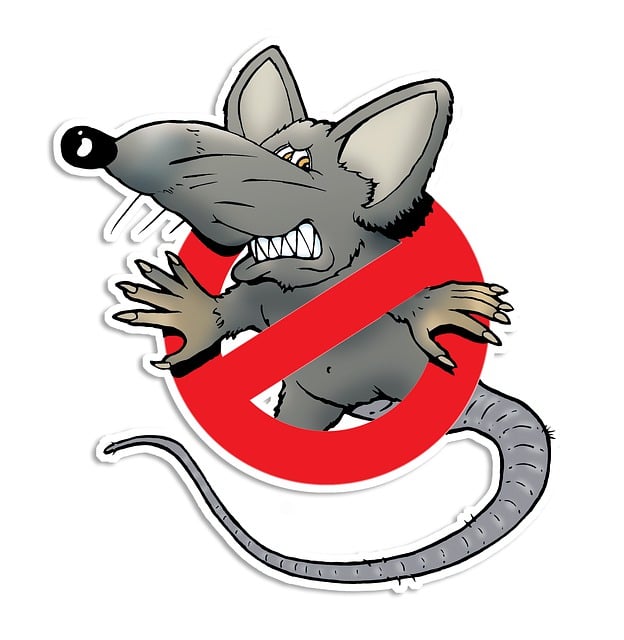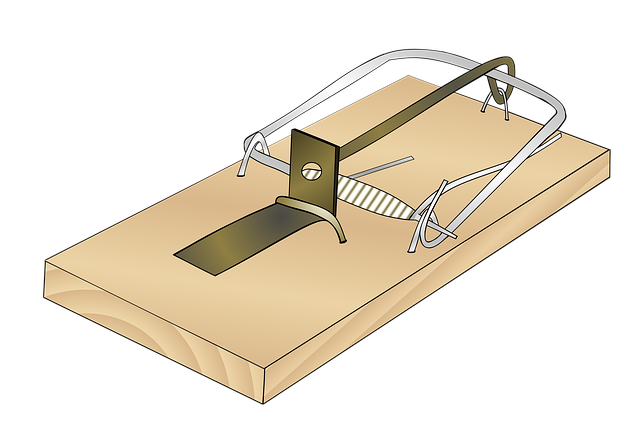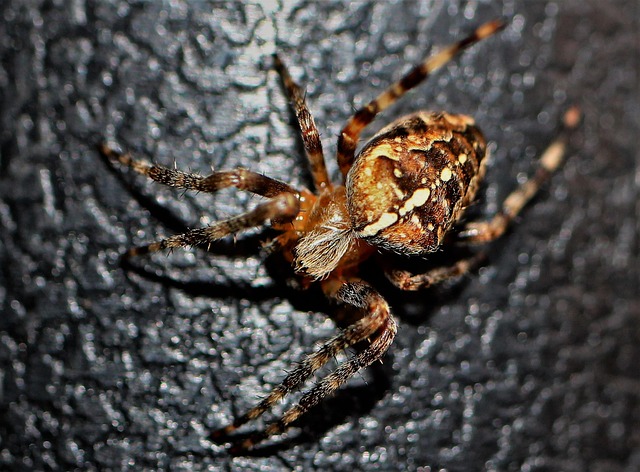Rodent infestations pose significant threats to homes, businesses, and agriculture due to their adaptability and structural damage. Effective rodent control involves identifying entry points and employing appropriate methods, including professional assistance for severe cases. Key steps include sealing gaps with steel wool or caulk, using natural repellents, improving sanitation, and implementing long-term strategies like regular inspections and landscaping. Chemical treatments like poison baits, repellents, and insect growth regulators (IGRs) are essential tools, but should be used safely under professional guidance. Proactive measures such as routine cleaning and sealing entry points create a robust defense mechanism against rodents.
Rodents can cause significant damage to homes and belongings, leading to costly repairs and an unpleasant living environment. This article explores comprehensive rodent proofing solutions, from understanding infestations and their impacts to identifying common entry points. We delve into non-toxic control methods, effective chemical options, long-term prevention strategies, and guide you on when to opt for DIY or professional services. Discover expert tips for achieving and maintaining robust rodent control.
Understanding Rodent Infestations and Their Impact

Rodent infestations can significantly impact homes, businesses, and even agricultural settings, causing extensive damage over time. These small yet persistent creatures possess an exceptional ability to adapt and thrive in various environments, making them challenging to eliminate once they’ve taken residence. From gnawed wiring and structural damage to the spread of diseases through their droppings, rodents pose a considerable risk to health and property.
Effective rodent control is crucial for maintaining a safe and sanitary living or working space. Understanding the extent of an infestation, identifying common entry points, and employing appropriate methods are key steps in addressing this issue successfully. By seeking professional assistance or implementing tailored solutions, homeowners and business owners can take charge of their environment and prevent the damaging effects associated with rodents.
Common Entry Points: Identifying Weak Spots in Your Home

Rodents are adept at finding their way into homes through even the smallest gaps and cracks. Identifying common entry points is a crucial step in effective rodent control. Look for signs of chewed materials, holes, or gaps around utility pipes, wires, doors, and windows. These weak spots can provide easy access for rodents seeking food and shelter.
By conducting a thorough inspection, you can pinpoint these entry points and take proactive measures to seal them off. Using materials like steel wool, caulk, or metal mesh can reinforce these areas, making it more difficult for rodents to gain access to your home. Regular maintenance and sealing of these potential entry points significantly reduce the risk of an infestation.
Non-Toxic Rodent Control Methods

In today’s world, homeowners are increasingly seeking non-toxic rodent control methods as a safer alternative to traditional chemicals. These eco-friendly solutions prioritize human and pet safety while effectively managing rodent infestations. One popular approach is the use of natural repellents, such as peppermint oil or diatomaceous earth, which rodents find unpleasant and deter them from entering homes.
Another effective non-toxic method involves sealing entry points and improving sanitation. By blocking gaps around pipes, wires, and windows with steel wool or caulk, you can prevent rodents from gaining access. Regularly cleaning food debris and storing groceries in airtight containers reduces attractants, making your home less appealing to rodents. These integrated pest management strategies not only humanely control rodent populations but also promote a healthier living environment.
Chemical Options for Effective Rodent Management

Rodent control is a significant concern for many homeowners and businesses, as rodents can cause extensive damage to structures and pose health risks. Chemical options play a crucial role in effective rodent management. The market offers various chemical treatments designed to deter and eliminate rodents, such as poison baits, repellents, and insect growth regulators (IGRs).
Poison baits are commonly used, containing attractive substances mixed with active ingredients that are harmful to rodents. These baits can be placed in strategic locations to target problem areas. Repellents, on the other hand, create an unpleasant environment for rodents, using scents or flavors they avoid. IGRs disrupt the growth and development of insects (often carried by rodents), thereby reducing their population and indirectly affecting rodent control. When implementing these chemical options, it’s essential to follow safety guidelines and consult professionals to ensure the most effective and safe rodent control strategies.
Long-Term Prevention Strategies

Implementing long-term rodent control strategies is a proactive approach to maintaining a pest-free environment. It involves addressing potential entry points and creating an inhospitable habitat for rodents. One effective method is sealing gaps and cracks around pipes, wires, and doors using caulk or steel wool. This physical barrier prevents rodents from finding their way indoors. Additionally, regular cleaning and sanitation are key; eliminating food sources and ensuring proper waste disposal reduces attraction to homes.
Landscaping can also play a significant role in rodent prevention. Maintaining a buffer zone between your property and potential habitats like dense vegetation or junk piles discourages rodents from establishing nearby. Trimming trees and shrubs keeps their branches away from windows and roofs, reducing access points. These strategies, when combined with regular inspections, form a robust defense mechanism against rodents, ensuring long-lasting peace of mind for homeowners.
DIY vs. Professional Services: When to Call the Experts

When it comes to rodent proofing, DIY methods can be a temporary solution for minor infestations or preventing entry in areas with low risk. However, for severe rodent control issues, professional services offer a more comprehensive and effective approach. Homeowners should consider seeking expert assistance if they notice extensive damage, signs of a large-scale infestation, or rodents accessing critical areas like electrical wiring or water pipes.
Professional rodent control experts possess specialized knowledge, advanced tools, and safe, proven treatments that are tailored to specific scenarios. They can identify entry points, implement long-lasting solutions, and ensure effective rodent prevention, making them invaluable for addressing persistent or severe infestations.
